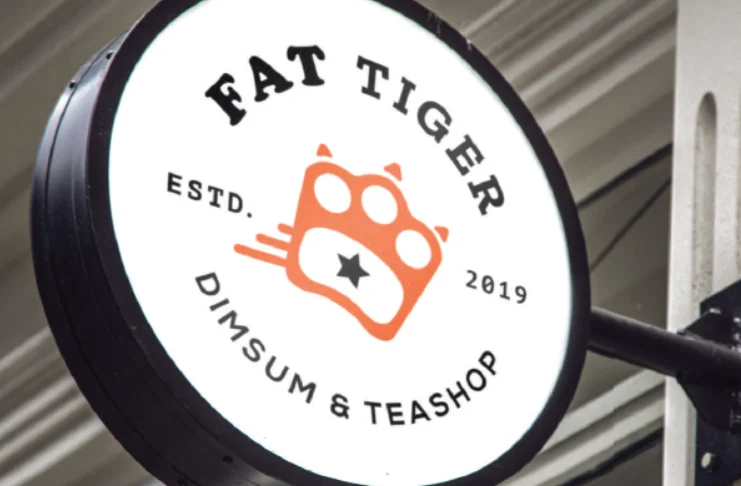In a bold move that signals serious intent in the Indian food service sector, the Fat Tiger QSR expansion plan is now officially in motion—with 500 new outlets projected in the next three years. The expansion will be executed through a combination of company-owned and franchise-operated stores.
The announcement marks a significant milestone for the brand, which has already carved a distinct identity in the highly competitive QSR market with its unique blend of pan-Asian flavours and affordable pricing.
Co-founders Sahaj Chopra and Sahil Arya emphasized the brand’s commitment to increasing accessibility and generating employment opportunities. The expansion is expected to create over 1,750 jobs across various roles.
Founded in 2019, Fat Tiger has quickly become synonymous with contemporary Asian fast food—best known for its signature momos, baos, bubble teas, and modernised dine-in experiences. Currently, Fat Tiger operates in 80 cities across India.
Franchising Fuels the Next Phase
Speaking on the expansion roadmap, Co-founder Sahil Arya shared that a large part of the brand’s growth will be driven through its franchise model, which has been a key lever in its current footprint. “Our focus is on bringing quality, scalability, and consistency to tier 2 and tier 3 cities. We’re working closely with our franchise partners to ensure every new outlet carries forward the same culinary DNA and brand ethos,” Arya said.
With India’s QSR market expected to grow at a CAGR of over 9% to cross $27 billion by 2028, as per IMARC Group, Fat Tiger’s ambitions come at an opportune moment. The brand is capitalising on shifting urban preferences, the rise of nuclear families, and the boom in organised food services post-pandemic.
Global Foray on the Cards
While domestic growth remains the primary objective, Fat Tiger has also revealed plans to take the brand global, eyeing markets in the Middle East and Southeast Asia. “We’re in advanced talks with international partners and are conducting feasibility studies in select regions,” said Sahaj Chopra, Co-founder. The brand aims to leverage the global familiarity with Asian cuisine while tailoring its offering for local palates.
What It Means for India’s QSR Landscape
Industry insiders see Fat Tiger’s expansion as part of a larger trend of homegrown QSR brands maturing into scaled, systemised ventures. With giants like Wow! Momo, Haldiram’s, and Biryani By Kilo expanding aggressively, there’s a visible shift in how regional and concept-driven brands are competing with global players like Domino’s and KFC.
Industry analysts point out that a strategic blend of menu originality, franchising efficiency, and omnichannel experience has become the winning formula for QSR scalability in India. It’s no longer just about fast food—it’s about replicable formats, memorable dining touchpoints, and a hyper-local understanding of evolving consumer tastes.





